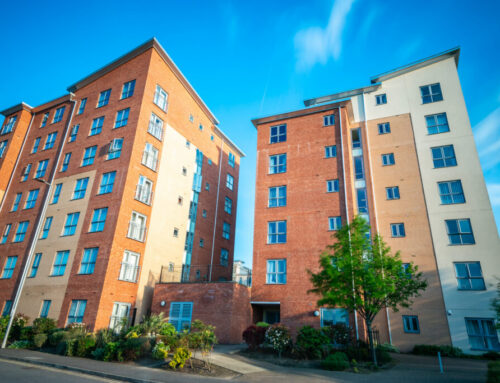 Belinda Thorpe, Managing Director of Residentsline advises what to consider if you do not agree with the service charge demand you have received.
Belinda Thorpe, Managing Director of Residentsline advises what to consider if you do not agree with the service charge demand you have received.
Service charges can be a point of contention between landlords and leaseholders. Obviously, landlords need to cover their costs in maintaining the building and leaseholders want to be sure that they’re being charged appropriately and reasonably in line with their lease- so what do you do if you receive a demand you don’t agree with?
We’ve put together a checklist to make sure you approach the situation in the best way possible and with the required knowledge of the law. Remember; even if you’ve already paid up, you can still challenge a demand (as long as you haven’t already specifically admitted or agreed that the charges are payable).
- Does the demand comply to the basics?
All service charge demands should be supplied with a summary of your rights and obligations and should also display your landlord’s name and address. You are under no obligation to pay the amount requested until both criteria are met.
- Do the charges comply with your lease?
The importance of reading and understanding your lease cannot be stressed enough, and that knowledge comes in very handy when it comes to identifying which service charges are acceptable and which are not.
You simply cannot be charged for costs that are not referred to in your lease. For example, your lease may oblige the landlord to repair and maintain the building, but that may not stretch to the new bin store you’re being charged for… You can also only be charged a management fee if the lease allows. If you’re in any doubt, always refer to your lease.
- Request more information
If, after checking your lease, you still feel the charges are incorrect, you have every right to request more information. In fact, you’re entitled to ask your landlord to provide a written summary of costs incurred in the last accounting year (April to April) or, if this isn’t applicable, the last 12 months leading to the date of your request.
This must be provided to you within 6 months of the end of the last accounting period or within one month of the request (whichever is later). Within 6 months of this being received, you can then go on to request that the accounts and receipts (and any other supporting documents) be sent to you for inspection.
- Mediation and First-Tier Tribunal
If, following inspection of the supporting documents, you still believe that the service charges are not ‘reasonably incurred’ (as they must be by law), you can write to your landlord or managing agent to raise your concerns and the reasons for them. If communications fail, you may want to consider using a mediation service to iron things out.
If all else fails or if the landlord is simply being uncooperative, you can make an application to the First-Tier Tribunal and request that they determine if the charges are payable.
The majority of landlords and managing agents comply with the law and will only ever supply reasonable demands, but it’s important to understand your lease and know your rights in the event that you are asked to pay an unreasonable charge. We hope our checklist goes some way to informing you and bolstering your confidence to challenge any unreasonable demands that come your way.
Head to the Residentsline website for information on all of our products and services or, if you’d prefer to speak to a member of our fantastic, specialist team, give us a call on 0800 281 235.




Leave A Comment